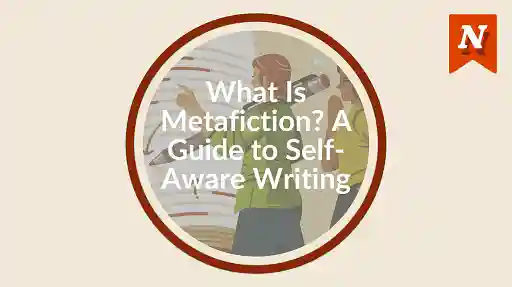One of the challenges for us all as writers is getting good feedback on our writing, especially early in our career. You can get feedback for free or you can pay for it, and you can get it from peers or from professionals. To get feedback on your writing:
-
Join an online writing group or forum
Free critiques from peers are not necessarily inferior to critiques you pay for from professional editors. The first thing to decide when seeking free critiques is whether you would prefer to get them in person or online. The benefits of joining an online writing community include the convenience of being able to meet and chat at any time, the diversity of perspectives you can obtain and the focused critique that textual (rather than verbal) critique allows.
-
Find an offline writers' group
Even though an online forum offers convenience, you may also crave the in-person contact of an offline writing group. Browse resource websites for local writing groups and organisations. Reach out to any that sound appealing to inquire about the joining process. It's possible to form friendships with other writers in both spheres. Combining verbal and written feedback will help you get a broad range of responses to your work in progress and give you more of an insight into what in your story works and what doesn't.
-
Get paid writing feedback
Paid critiques are also valuable although more caution is needed. When a free critique group doesn’t work out, the worst that can happen is that you lose some time and perhaps come away with a bruised ego. A bad paid critique can cost more than a good free one, and you have more to lose. It's best to get writing feedback from a writing coach who has professional editing experience.
-
Submit your work to agents and publishers
Many aspiring authors only have their eyes on publication when submitting. You should see sending your work off to seasoned publishers and editors as a great opportunity for getting vital feedback. Some publishers simply send form rejections, due to the large volume of submissions they receive. Instead, seek out the smaller publishing companies who are more likely to send a response you can learn from and use.
How do you identify a good service or person for getting feedback on your writing? Look for people or services with a proven track record. Writers and editors offering paid feedback should have a strong professional background in the field, and the credentials of writers should go beyond self-published work. This does not mean that self-published books are bad, but it may indicate that the writer lacks knowledge of the publishing industry that would be helpful in evaluating your novel.
If a writer offers 1-on-1 writing coaching, make sure she has had a book of her own published by a professional publishing company.
Literary agents should not mix paid critiques with their businesses, and consulting sites like Preditors and Editors or Writer Beware can save you a great deal of money, time and heartache.
Provided you are savvy about where you get writing feedback, you can get helpful input that will help you hone your story into something greatly readable.










I can't decide how to get my character's out of Cabela's. Does anyone have an idea?
Adri - About 7 years ago